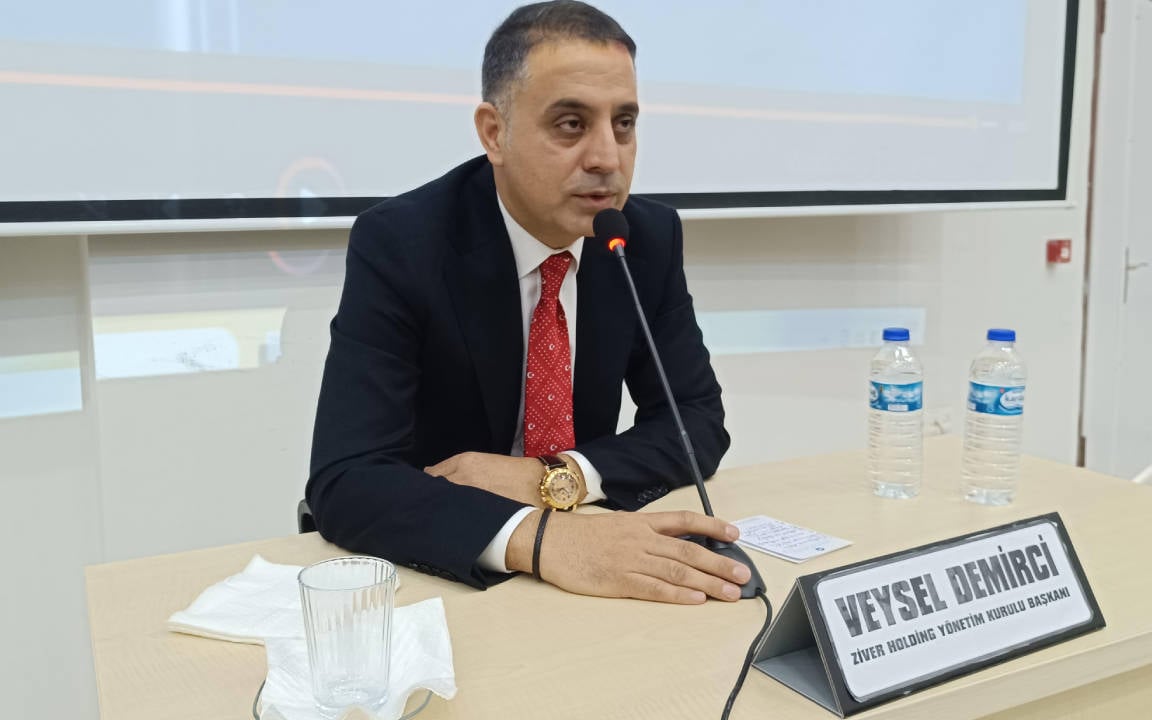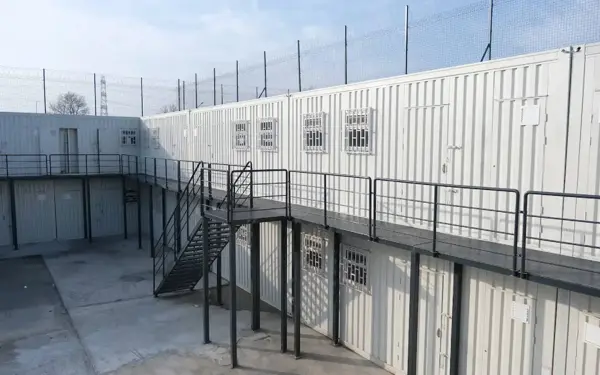Evren Demirdaş, a reporter for Sözcü newspaper in Elazığ, eastern Turkey, faced legal scrutiny after reporting on a lucrative public tender awared to a construction company bu the Housing Development Administration (TOKİ).
The company in question, Ziver Construction, had previously secured nearly 10 billion liras (~287 million US dollars) in state contracts over the past 12 years, according to Demirdaş's reporting.
The investigation followed a complaint by Ziver Holding Chair Veysel Demirci, who accused Demirdaş of tarnishing his reputation and exceeding the bounds of press freedom. Demirci had earlier targeted Demirdaş on social media, calling him a “terror supporter” in a post that included his photograph.
The prosecutor's office initiated an investigation against Demirdaş for allegedly “publicly disseminating misleading information” under Article 217/A of the Turkish Penal Code, known as the "disinformation law," which has been widely criticized by press freedom groups since its 2022 enactment. Demirdaş was summoned to provide a statement, in which he defended his reporting as accurate and focused solely on public interest.
"I monitor and report on public tenders. My article did not accuse anyone of tampering with the tender or target Veysel Demirci. I reported the tender's high value to inform the public," Demirdaş had stated.
Within a month, the prosecutor's office concluded the investigation, determining that the charge of disinformation requires intent to cause “fear, panic, or anxiety among the public.” It stated, “Not all incorrect information or reporting constitutes this offense,” and dismissed the case.
"A tool to silence journalists"
Speaking to bianet after the decision, Demirdaş criticized both the public tender process and the legal pressure faced by journalists covering such stories.
"In Turkey, businesspeople close to the [ruling party] AKP often cannot tolerate journalists exposing the billion-lira tenders they receive from the state. This is another attempt to intimidate journalists," he said, referring to Demirci as an example of this trend.
Demirdaş emphasized that much of his reporting is based on publicly available data from the Electronic Public Procurement Platform (EKAP). However, he also highlighted the frequent use of closed tenders under the "21/B" negotiation method, which limits transparency.
"If the tender is conducted secretly, I find the documents. With nearly a decade of experience, I can say that public tenders overwhelmingly go to individuals and companies close to the AKP," he stated.
Demirdaş pointed to Demirci’s political affiliations, noting that he had supported the construction of an AKP provincial building and even ran as an AKP parliamentary candidate. "If awarding a 642-million-lira tender to someone like this is not newsworthy, then what is?" he asked.
While he acknowledged that there might be no legal issues with the tenders, Demirdaş criticized their ethical implications. "They know these tenders are ethically questionable, which is why they use the judiciary as a tool to silence journalists. But they cannot stop us from reporting."
Demirdaş vowed to continue exposing irregularities in public spending. "We will keep writing about how public funds are squandered, how a 1-million TL tender turns into 10 million, and how contracts are handed over to a select few." (HA/VK)











